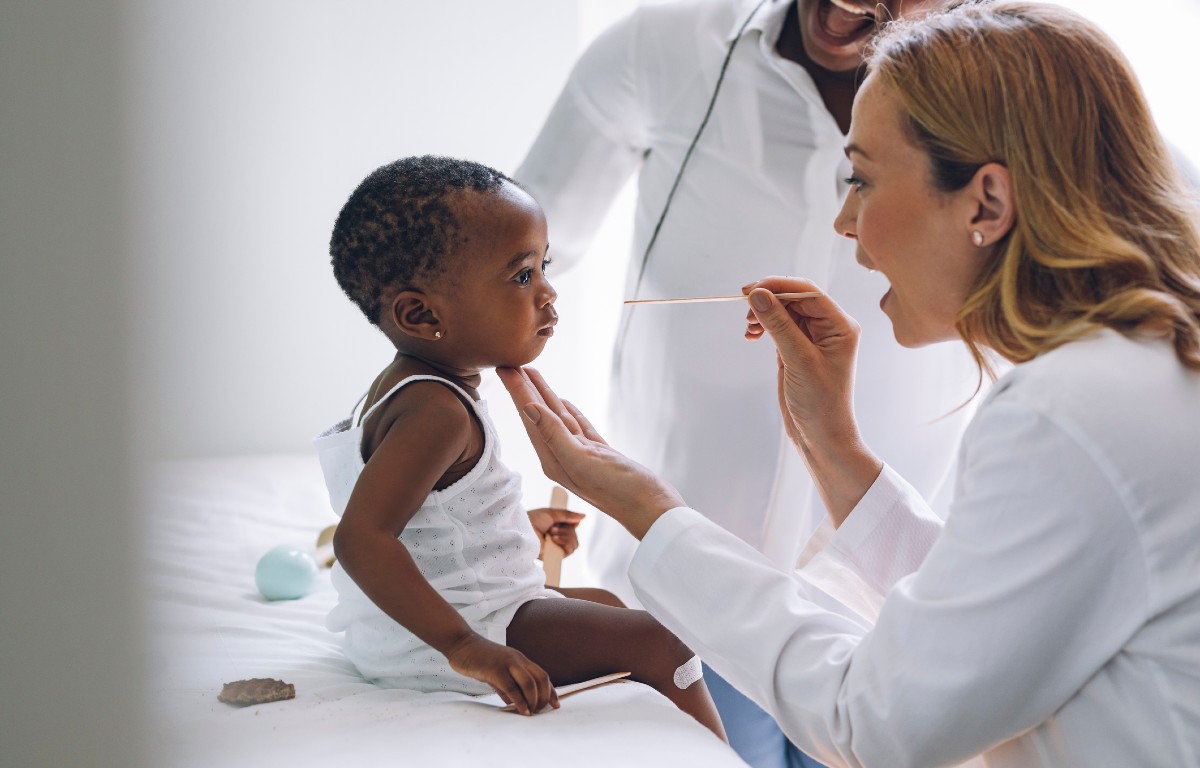 Editors’ Note: In a recent Psychology Today post, Rahil Briggs, Psy.D., clinical professor, psychiatry and behavioral sciences at Einstein, describes issues surrounding the psycho-social needs of children from zero to three years old caused by the COVID-19 pandemic. She explains how the disease poses an outsized threat to the mental health of children in a key period of psychological growth.
Editors’ Note: In a recent Psychology Today post, Rahil Briggs, Psy.D., clinical professor, psychiatry and behavioral sciences at Einstein, describes issues surrounding the psycho-social needs of children from zero to three years old caused by the COVID-19 pandemic. She explains how the disease poses an outsized threat to the mental health of children in a key period of psychological growth.
This is especially true for children who are already “living in poverty and facing health inequality,” she writes. Despite these concerns, Dr. Briggs also sees an opportunity for a partnership between pediatricians and psychologists to care for the needs of these most vulnerable patients.
This is an excerpt from Dr. Briggs’ piece:
“Food insecurity, employment worries, depression, anxiety, domestic violence and a host of other concerns are often shared during a routine pediatric visit because it’s a safe space for caregivers. Sadly, these concerns have ballooned in the wake of coronavirus, especially for those already living in poverty and facing health inequality, and we won’t know the true and complete fallout of this crisis on the mental health and well-being of our country for months and years to come.
“Mental health professionals interested in mitigating the fallout of COVID-19 on young children and their families, or who want to focus on prevention, can partner with a pediatric primary care team to address these challenges in a safe and accepted setting. Parents are under a great deal of stress right now and frankly, just want to get through the day. Team-based care, including pediatric and mental health providers, may be part of a support team to help parents yes, get through the day, and to also provide safe, stable and nurturing relationships with their children, ensuring healthy development for the next generation.
Infant and early childhood mental health professionals can address complex and common concerns—pandemic-related or not—with parents that pediatric primary care providers often lack time to address in a 15-minute well-child visit. Integrating a mental health professional into the health care team yields benefits for children, families and the providers and practices that serve them.
To be clear, adults and children of all ages and backgrounds will need mental health support beyond the pediatric office, now and for weeks, months, maybe even decades to come as people work through grief, survivor’s guilt, and even post-traumatic stress disorder. The need for high-quality, affordable, accessible mental health services in this country was already dire and is now even more urgent. We should and will need to focus on prevention. We can start with families and meet them where they already are—the pediatric office.”
To read more, please visit: https://www.psychologytoday.com/us/blog/babies/202004/how-mitigate-pandemic-fallout-babies-and-toddlers.

